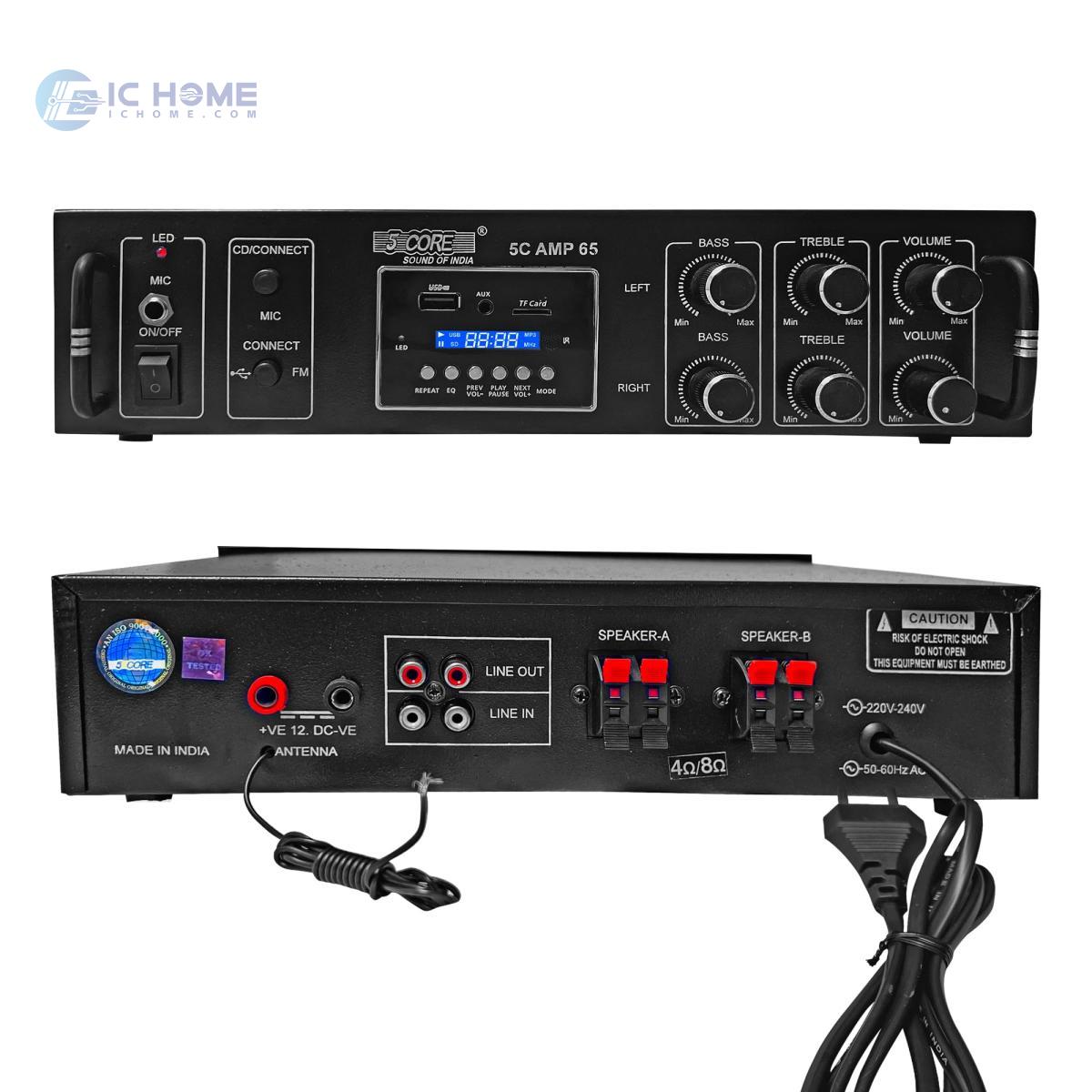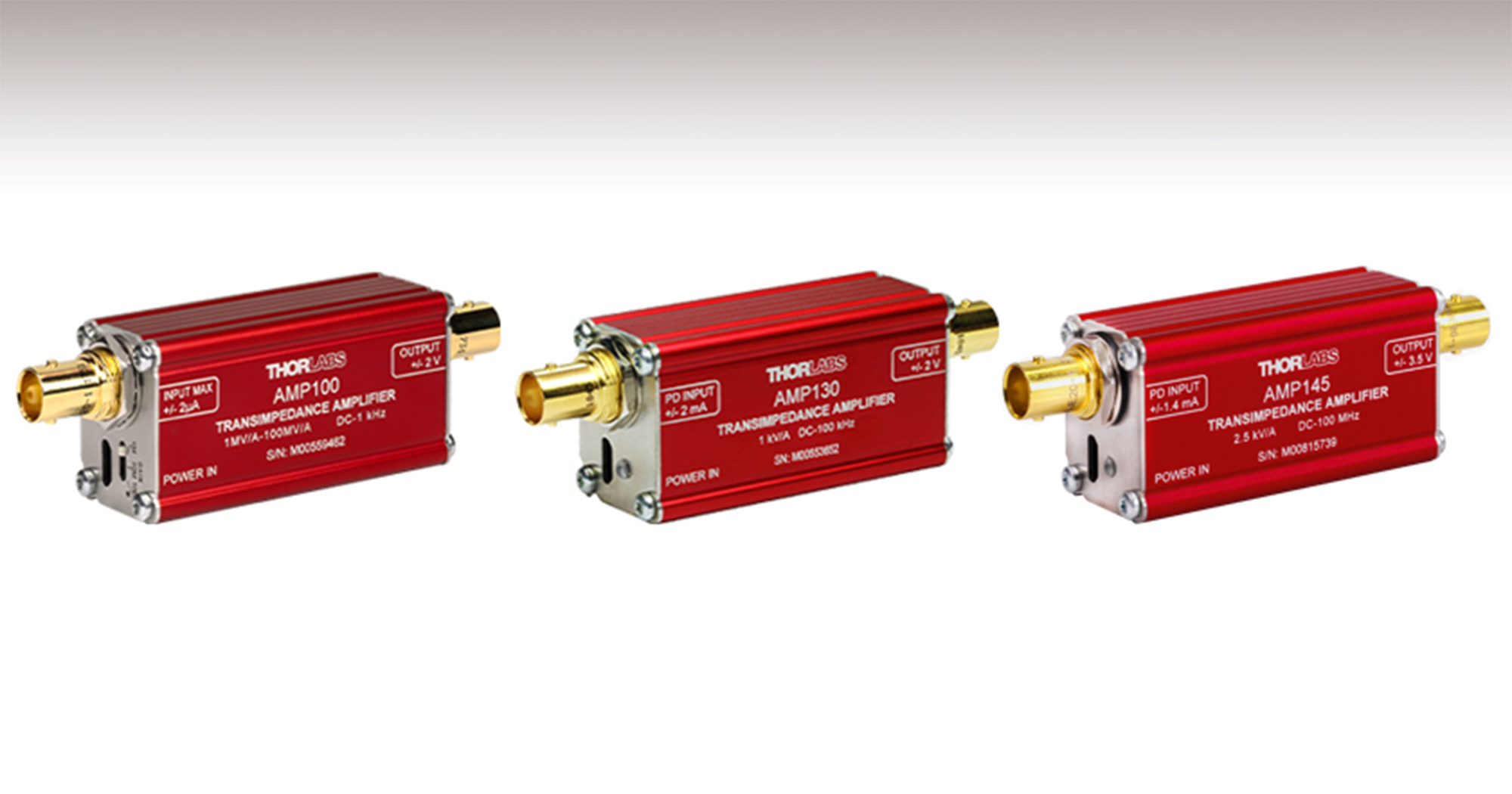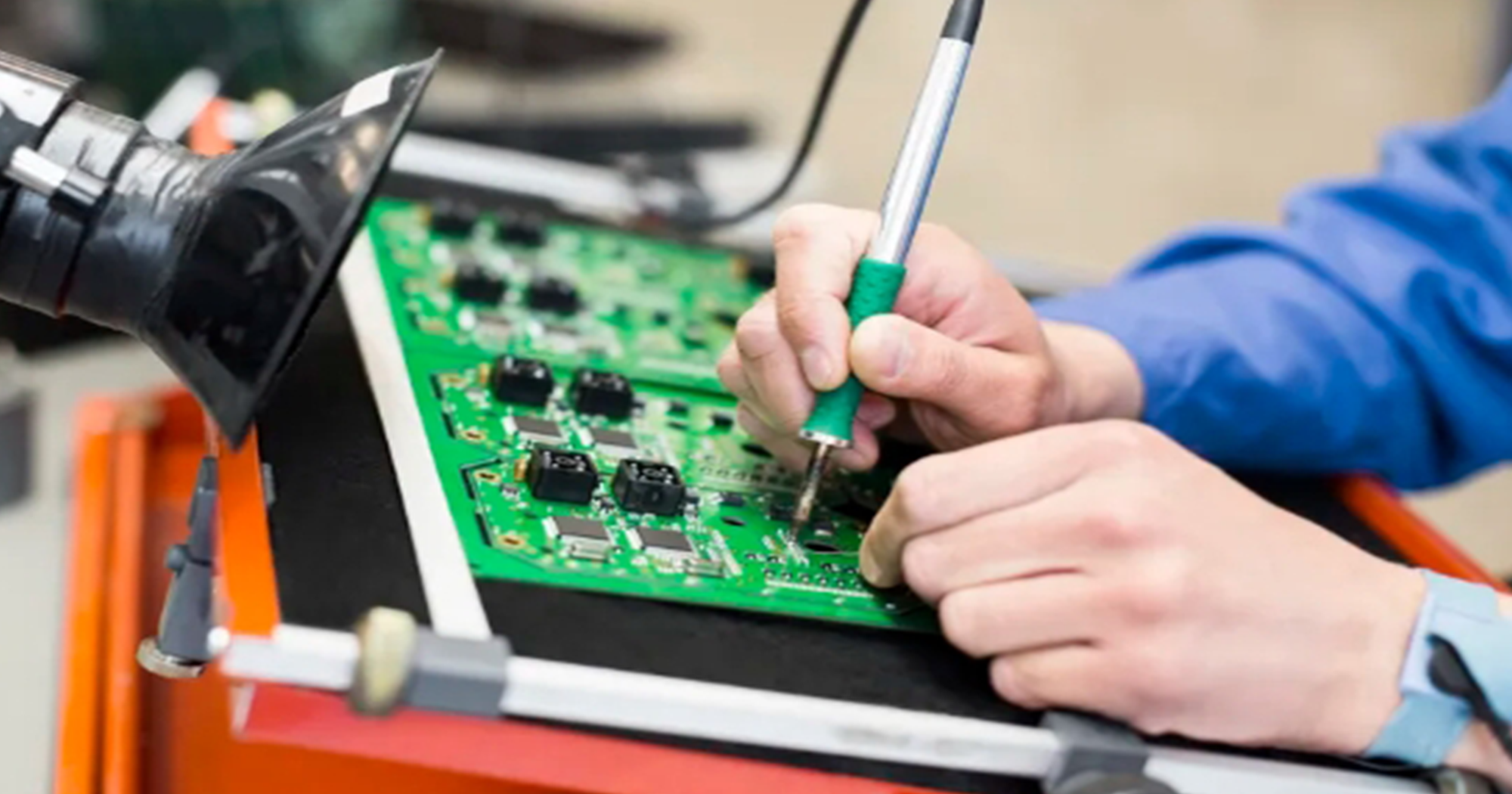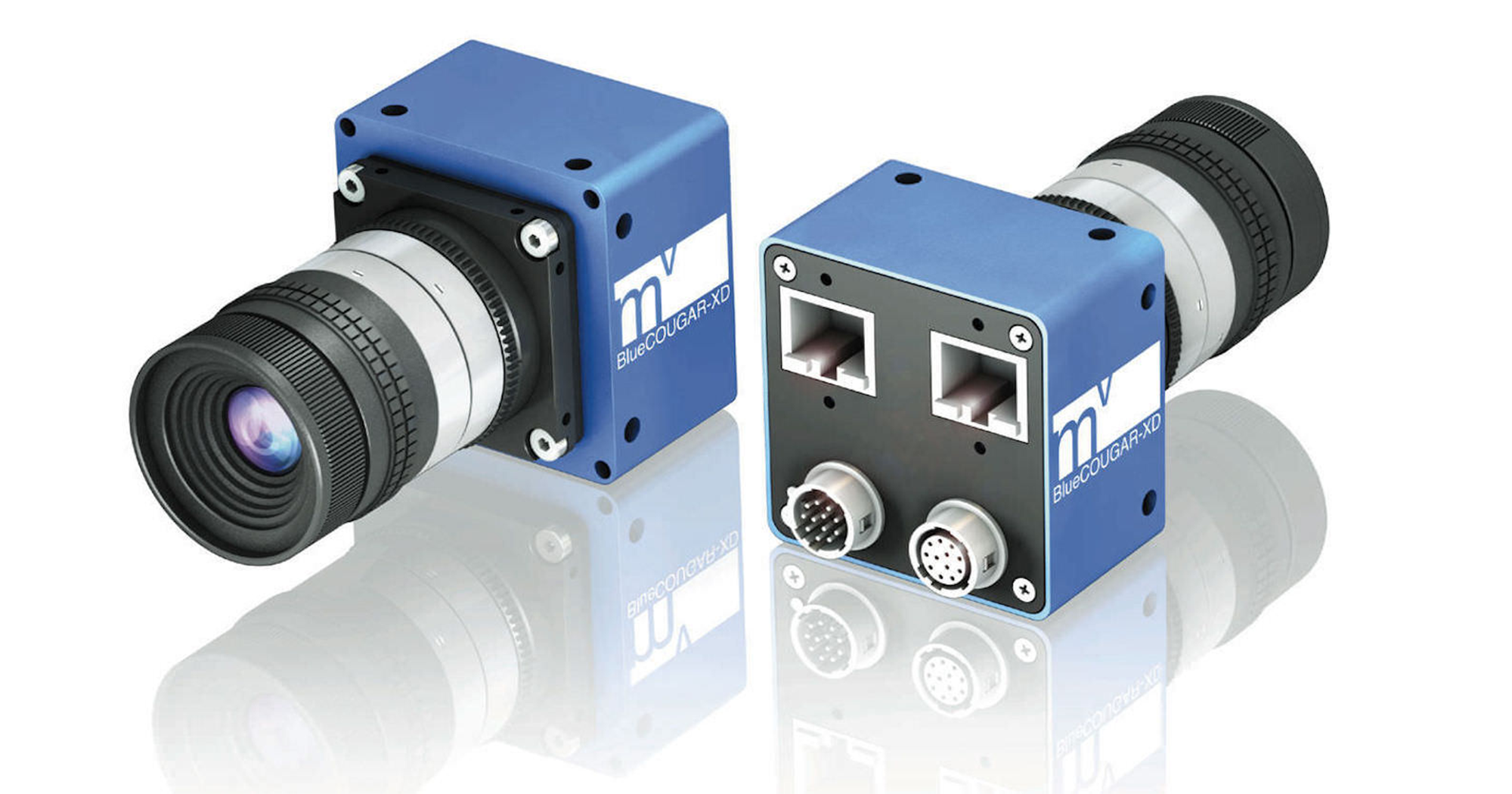Exploring Cutting-Edge Amplifiers: Top Models, Applications, and Key Specifications
Amplifiers are integral components in electronic systems, widely applied in consumer electronics, industrial devices, automotive electronics, and communication equipment. These small yet powerful parts enhance signal strength, ensuring consistent performance and accuracy. With advancements in amplifier technology, new model numbers are setting benchmarks in performance, efficiency, and versatility. This article provides a comprehensive overview of popular amplifier models, their unique specifications, and how they meet the diverse demands of modern applications.

Leading Manufacturers and Key Model Numbers
Several renowned manufacturers continue to innovate in amplifier technology, with Analog Devices, Texas Instruments, and ON Semiconductor leading the charge. Here’s a look at some of their latest offerings:
Analog Devices ADA4522-4: This model is celebrated for its ultra-low offset voltage, making it ideal for precision instrumentation. It provides a high level of DC accuracy, even in challenging conditions, which is crucial for applications like medical devices and test equipment.
Texas Instruments LM358: Known for its low power consumption and compact package, the LM358 is a classic operational amplifier that’s now optimized for modern low-voltage requirements. It’s popular in battery-operated devices, consumer electronics, and portable instruments.
ON Semiconductor NCS20072: The NCS20072 series is designed for stability and low noise, making it suitable for industrial control and automotive applications. Its robust packaging allows it to withstand high temperatures, which is essential for industrial settings.
Each of these models offers unique advantages, enabling designers to choose the right fit based on project requirements.
Versatile Applications Across Industries
Amplifiers serve as critical components in various sectors, including:
Automotive Industry: With the rise of electric vehicles and automated systems, amplifiers help ensure reliable data processing and control. They play a role in sensor signal processing, infotainment systems, and motor control.
Medical Devices: Precision amplifiers with low noise and high accuracy, like the ADA4522-4, are widely used in medical imaging, ECG monitoring, and diagnostic devices, where they amplify weak bio-signals with high fidelity.
Industrial Automation: Amplifiers in industrial settings need high durability and thermal stability. Models like the NCS20072 excel here due to their low drift and resilience to harsh environmental conditions, supporting systems like PLCs, motor drives, and sensors.
By adapting to specific industry demands, these amplifiers enhance system functionality, efficiency, and reliability.
Technical Highlights: Packaging, Cases, and Compatibility
Choosing an amplifier involves understanding its package and casing, which impact installation and performance in different environments:
SOT-23 and SOIC Packages: These are popular for their compact form factors, allowing amplifiers to be used in space-constrained designs. The LM358, available in an SOIC package, is ideal for portable applications where size and weight are critical.
TSSOP and DIP Packages: Widely used in industrial applications, these packages offer better thermal dissipation, which is essential in high-power applications. For instance, amplifiers like the ADA4522-4 in a TSSOP package can maintain stability under continuous operation.
The packaging also influences compatibility, as smaller packages suit high-density PCBs, while larger ones are favored in settings where heat management is key.
Performance-Driven Specifications: Noise, Bandwidth, and Power Efficiency
Key specifications that engineers prioritize when selecting amplifiers include noise level, bandwidth, and power efficiency:
Noise Level: Low-noise amplifiers are crucial for applications that require precision, such as medical devices and sensor systems. For instance, the ADA4522-4 has a noise density as low as 5.6 nV/√Hz, minimizing interference and ensuring high signal fidelity.
Bandwidth: Applications like RF communications and audio systems require amplifiers with wide bandwidths. Amplifiers with high slew rates, like those from Texas Instruments, allow rapid signal response, making them suitable for dynamic environments.
Power Efficiency: Power consumption is another essential factor, particularly for battery-operated devices. Low-power models, such as the LM358, are engineered to reduce power usage, enhancing the battery life of portable systems.
By matching specifications to application requirements, procurement professionals and engineers can optimize performance and longevity in their systems.
Conclusion
Amplifiers are foundational to modern electronics, driving performance improvements across numerous industries. Whether for automotive, medical, or industrial applications, the right amplifier can significantly enhance functionality, efficiency, and precision. By staying informed on the latest offerings and understanding key specifications, procurement specialists and engineers can make choices that support innovation and meet the unique demands of electronics landscape.
For more information or to request a quote, please feel free to send us an RFQ.




